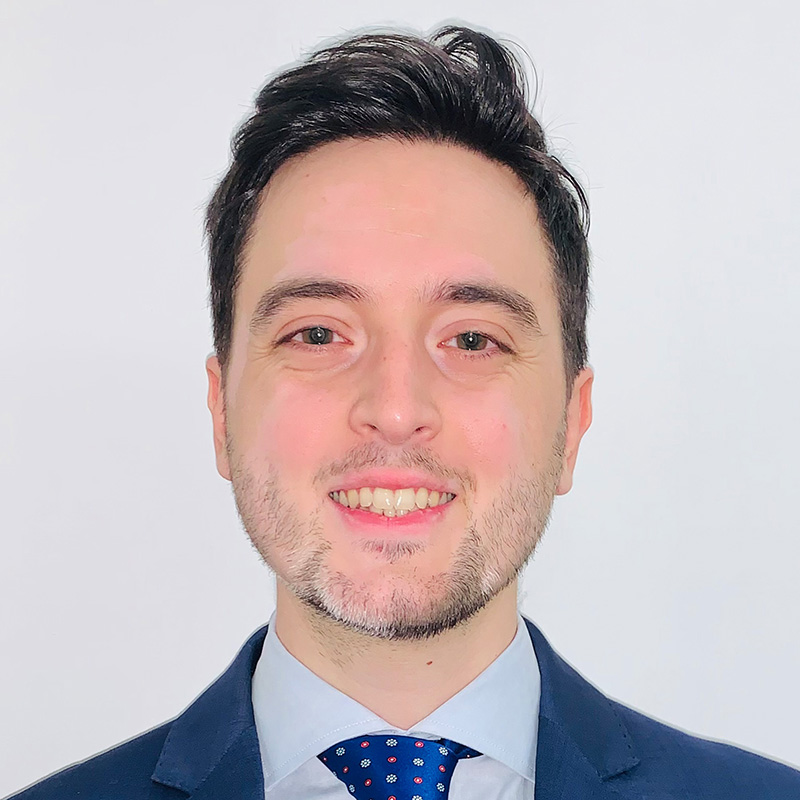
Alfonso Maria Ponsiglione
University of Naples “Federico II”, Italy
Expertise: biomedical signal processing, heart rate variability, electronic fetal health monitoring, cardiotocography, healthcare management, modelling and simulation of health systems, lean and six sigma in healthcare, health informatics, biomedical data mining, nanomedicine, microfluidics, biopolymer nanoparticles, contrast agents for magnetic resonance imaging
Alfonso Maria Ponsiglione, MSc and PhD in Biomedical Engineering, is researcher and assistant professor in Electronic and Information Bioengineering at the Department of Electrical Engineering and Information Technology of the University of Naples “Federico II”. Since 2014 he has been conducting research in the field of biomedical engineering and healthcare engineering. He worked as software programmer and healthcare ICT consultant for national private firms in the field of healthcare information systems. He carried out research at the Center for Advanced Biomaterials for Healthcare of the Italian Institute of Technology and participated in research collaborations with national and international research groups, covering different aspects and disciplines in the biomedical engineering domain, spanning from the processing of biomedical data and signals to the modelling and simulation of health systems, to the design of biomaterials and nanotechnologies for medical applications, and to the business development of biotech solutions. He carried out research in the field of nanomedicine, contributing to the design of nanocarriers for enhanced Magnetic Resonance Imaging applications by means of microfluidics. He has been continuously working in the field of biosignal processing, regarding the use of linear and nonlinear techniques to process and analyze foetal heart rate variability from cardiotocographic traces. He is also conducting research in the management of healthcare systems, with a specific focus on the application of Lean Six Sigma principles, statistical analysis, and simulation tools for the improvement of health services and care pathways. Currently, his main research activities are focused on both the analysis and classification of foetal heart rate signals by means of nonlinear methods and machine learning algorithms and on the development of combined discrete event simulation and machine learning approaches to support clinical decision-making and management of healthcare organizations.
